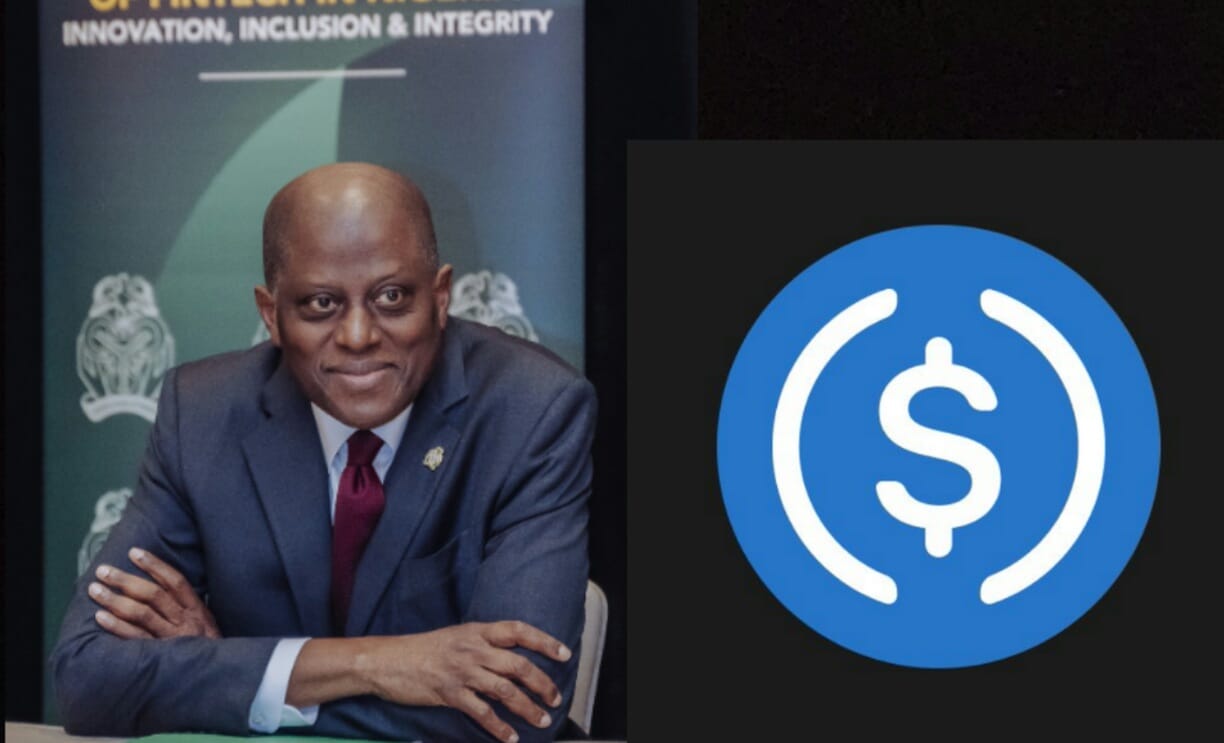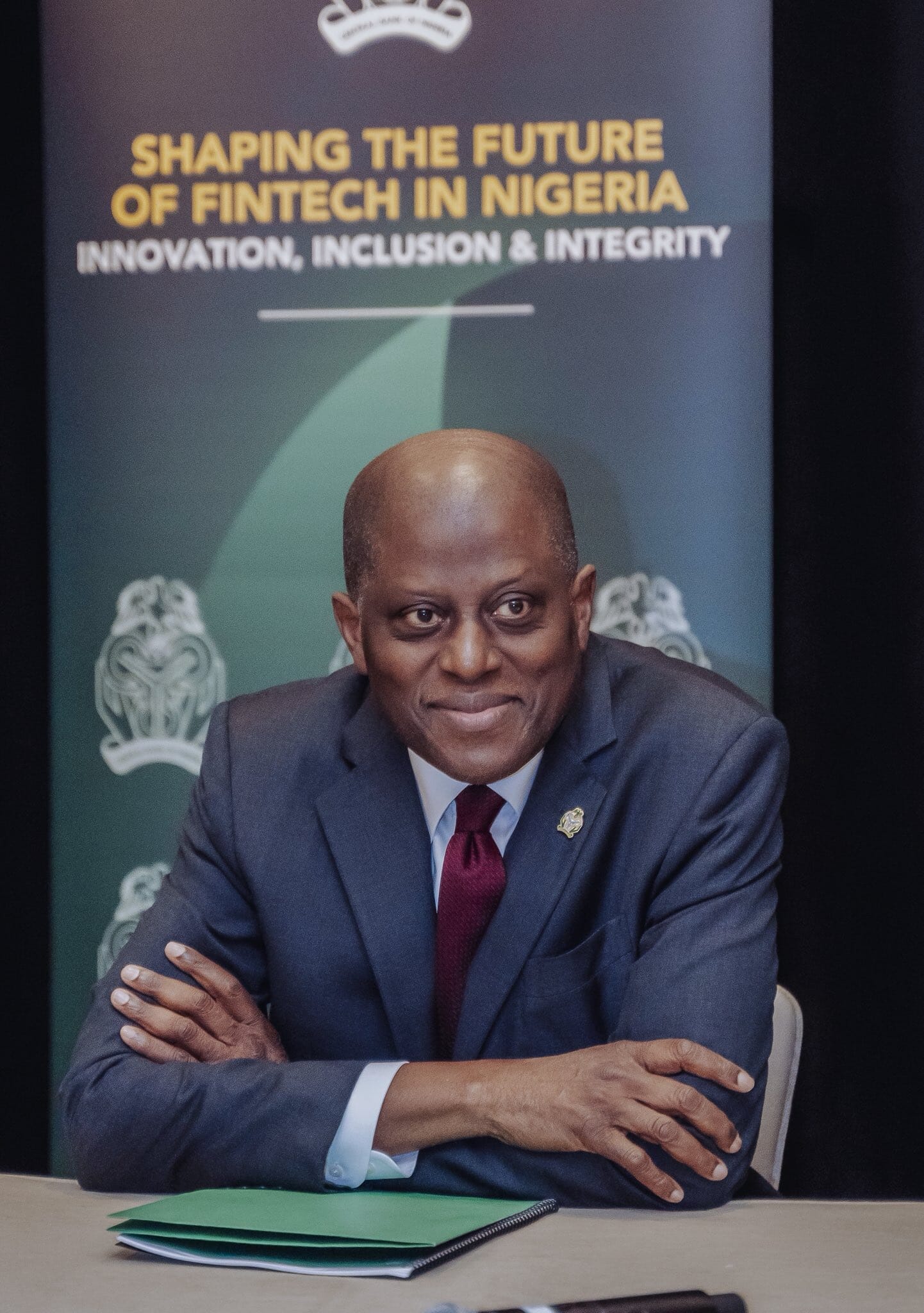The Federal Government has tasked the Central Bank of Nigeria with actively shaping international stablecoin frameworks. This initiative comes amid surging global interest in stablecoins, digital assets pegged to stable currencies like the US dollar, which promise to revolutionize payments, remittances, and financial inclusion. As Nigeria leads Africa in cryptocurrency adoption, this strategic push could position the country as a key player on the world stage. Governor Olayemi Cardoso's recent statements at the IMF and World Bank meetings underscore a commitment to innovation without compromising economic sovereignty.
Stablecoins Explained: Key to Global Digital Finance
Stablecoins are cryptocurrencies designed to maintain a stable value, typically backed by reserves of fiat currency, commodities, or algorithms. Unlike volatile assets like Bitcoin, they offer reliability for everyday transactions, making them ideal for cross-border payments and hedging against inflation. In 2025, stablecoins have exploded in popularity, with global transaction volumes exceeding trillions of dollars annually. Tether (USDT) and USD Coin (USDC) dominate the market, but emerging players like Nigeria's cNGN are gaining traction.
Why do stablecoins matter? They bridge traditional finance and blockchain, enabling faster, cheaper transfers. For developing economies like Nigeria, where remittances form a significant GDP portion, stablecoins reduce fees and speed up processes. However, risks such as regulatory gaps, money laundering, and reserve mismanagement have prompted calls for unified global rules. Nigeria's involvement aims to address these while promoting adoption. According to Chainalysis reports, Sub-Saharan Africa, led by Nigeria, accounts for a substantial share of stablecoin transactions, driven by economic necessities like currency devaluation and limited banking access.
Nigeria's Crypto Adoption Surge: Leading Africa in Stablecoin Use
Nigeria has emerged as a global leader in cryptocurrency adoption, with over 25 million digital asset users in 2025, representing an 11.9 percent national penetration rate. Factors fueling this include high inflation, naira instability, and a young, tech-savvy population. Stablecoins, in particular, have become a lifeline for preserving value and facilitating international trade. Forbes Africa highlights Nigeria's $22 billion in stablecoin transactions from July 2023 to June 2024, outpacing other African nations.
The Securities and Exchange Commission authorized the cNGN stablecoin in early 2025, marking a milestone in regulated digital assets. This naira-backed token aims to enhance financial inclusion and integrate with existing payment systems. Grassroots adoption is evident, with peer-to-peer platforms thriving despite past regulatory hurdles. The Milken Institute notes Nigeria's ranking among the top three countries for crypto adoption, attributing it to innovative fintech solutions addressing real-world problems like unbanked populations.
Government policies have evolved from caution to embrace. The 2025 Nigerian Investment and Securities Act recognized digital assets as securities, providing a legal framework. This shift aligns with global trends, where jurisdictions like the EU and US are implementing strict stablecoin regulations. Nigeria's proactive stance ensures it does not lag behind, instead contributing to standards that protect users while fostering growth.
4CBN's Strategic Role in Shaping Global Stablecoin Regulations
The Central Bank of Nigeria is stepping up to influence international stablecoin guidelines, as announced by Governor Cardoso. At the 2025 IMF and World Bank annual meetings in Washington DC, he revealed that Nigeria intends to engage actively in global discussions. "As global regulators work to define clear and consistent frameworks, Nigeria intends to play an active role in shaping this conversation, ensuring that innovation supports, rather than undermines, financial stability and economic sovereignty," Cardoso stated.
This commitment stems from recognition of stablecoins' potential to enhance payments inclusion and cross-border transactions, while raising concerns over monetary sovereignty and exchange rate stability. The CBN, alongside the Ministry of Finance, has formed working groups to delve into stablecoin adoption's ramifications. These groups include representatives from various institutions, focusing on risks and opportunities. Cardoso emphasized balancing innovation with safeguards, noting that no one wants to stifle progress but risks must be managed.
Globally, stablecoin regulation is evolving rapidly. The Payments Association reports that stablecoins are transitioning from niche tools to regulated instruments, with jurisdictions like the EU's MiCA framework setting precedents. Nigeria's input could advocate for developing economies' needs, such as affordable remittances and financial access. By participating, the CBN aims to protect Nigeria's interests, preventing scenarios where foreign stablecoins dominate and erode local currency control.
Federal Government's Vision: Forming Teams for Stablecoin Adoption
The Federal Government has established a dedicated team to study stablecoin integration into Nigeria's economy. As disclosed by Cardoso, this working group comprises the CBN, Ministry of Finance, and other stakeholders. Their mandate is to assess broader implications, including economic impact, regulatory needs, and innovation potential. This move is part of broader efforts to support fintech while ensuring stability.
During the IMF meetings, stablecoins emerged as a recurring theme, with consensus on fostering innovation. Cardoso highlighted partnerships with fintech leaders under the theme "Shaping the Future of FinTech in Nigeria: Innovation, Inclusion and Integrity." These sessions position fintech firms as ambassadors of Nigeria's creativity and global relevance. The government's approach is collaborative, viewing innovators as partners in building a secure digital financial system.
This initiative aligns with ongoing reforms. The bank recapitalization program is progressing, aiming to make Nigerian banks more resilient and competitive. Monetary policy has returned to orthodoxy, using tools like the monetary policy rate to control liquidity. Reforms have improved foreign exchange transparency, aiding disinflation and naira stabilization. With inflation moderating and reserves rising, the focus shifts to private-sector growth and deeper markets.
Implications for Investors and the Economy: Opportunities in Stablecoin Era
For investors, Nigeria's stablecoin push opens doors. Regulated adoption could attract foreign capital, boosting sectors like remittances and e-commerce. Stablecoins reduce transaction costs, potentially increasing GDP through efficient cross-border trade. However, investors must navigate risks, including regulatory changes and market volatility.
Economically, stablecoins could enhance inclusion, reaching the unbanked 40 percent of Nigerians. By integrating with mobile money, they streamline payments and support small businesses. Global adoption trends, as per Chainalysis 2025 Index, show stablecoins surging for various uses, from savings to DeFi. Nigeria's leadership could inspire other African nations, creating a continental digital economy.
Challenges remain, such as ensuring reserve backing and preventing illicit use. The CBN's active role in global rules will help mitigate these, promoting trust. Cardoso's vision portrays Nigeria as resilient, aligning courage with conviction for a competitive economy.
Future Outlook: Nigeria's Path to Stablecoin Dominance
Looking ahead, Nigeria's strategy could redefine its financial landscape. With working groups in place, expect pilot programs for stablecoin integration soon. International collaboration will shape rules favoring emerging markets. Fintech partnerships will drive inclusion, integrity, and innovation.
As stablecoin adoption grows, Nigeria stands to benefit immensely. From topping global charts to influencing regulations, the country is poised for dominance. Stakeholders should monitor developments, as this could unlock sustainable growth and investment opportunities.
In summary, the Federal Government's directive empowers the CBN to lead in global stablecoin shaping. This engaging narrative of progress highlights Nigeria's ambition, blending caution with forward-thinking. Stay tuned for updates in this dynamic space.
Read More
- Top 10 Nigerian Stocks Delivering Massive Investor Returns in Q3 2025
- I Was Scammed Online in Nigeria: Here’s EXACTLY How To Recover Your Funds in 2025
- Sent Money to the Wrong Account in Nigeria? Don't Panic! Here’s Your 2025 Action Plan to Recover Your Funds
- How to Protect Your Bank Apps from Hackers: 10 Essential Tips for Ultimate Security

